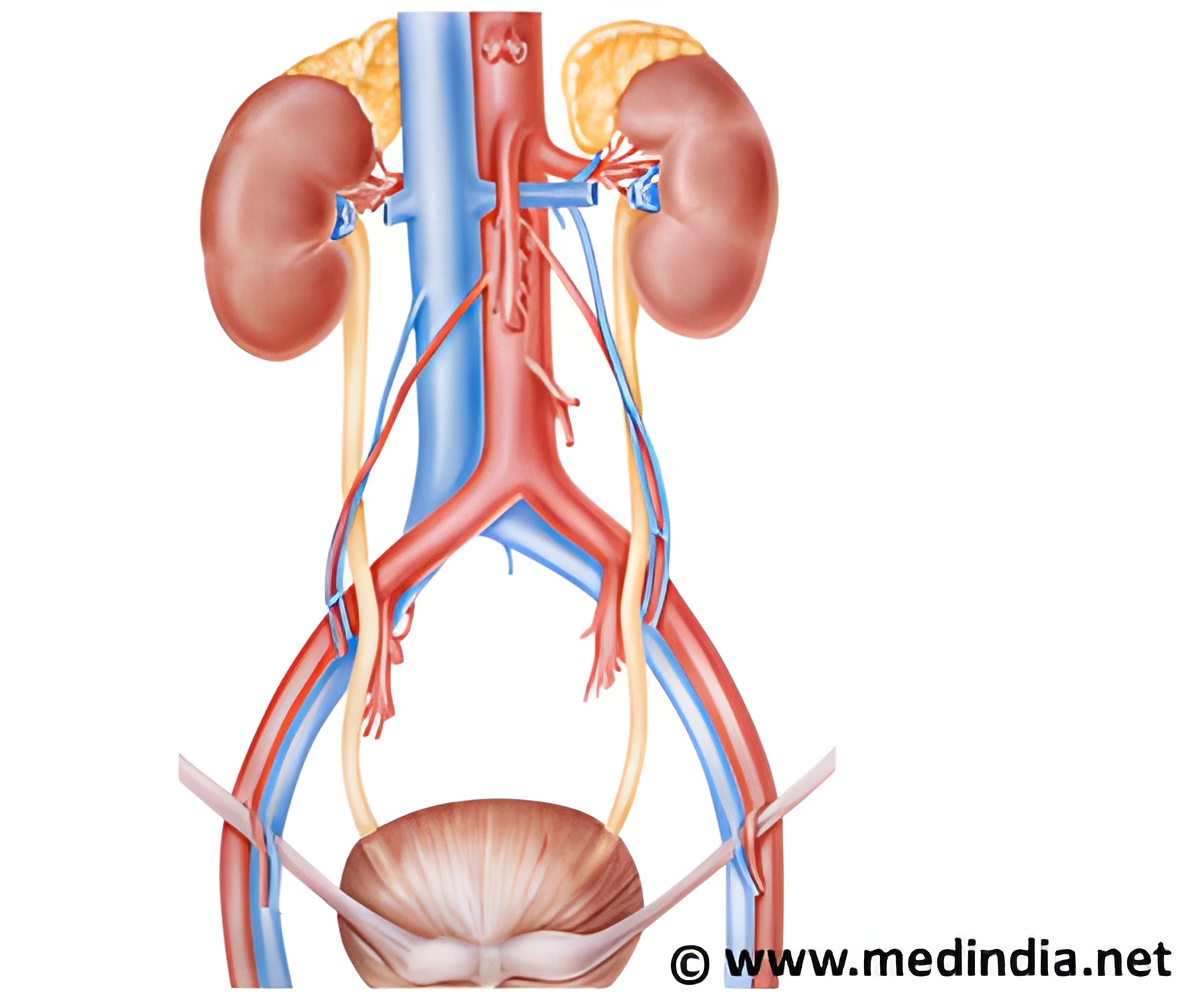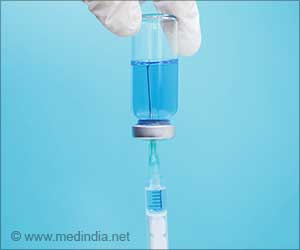In patients taking immune checkpoint inhibitors as a treatment for cancer, 17% experienced acute kidney injury (AKI), 8% experienced sustained AKI, and 3% had potential immune checkpoint inhibitor-related AKI.

‘Patients using checkpoint point inhibitors for their cancer should maintain proper kidney health, as there is a high chance of acute kidney injury.’
Read More..




Use of proton pump inhibitors, which are commonly used to treat stomach ulcers or acid reflux, was associated with a higher risk of experiencing sustained AKI. Read More..
To determine the frequency, severity, and predictors of acute kidney injury (AKI) associated with these drugs, Meghan Sise, MD, Harish Seethapathy, MBBS (Massachusetts General Hospital), and their colleagues examined information on all patients who received immune checkpoint inhibitor therapy at their hospital from May 2011 to December 2016.
In the 1,016 patients the analysis, 169 patients (17%) experienced AKI, 82 patients (8%) experienced sustained AKI, and 30 patients (3%) had potential immune checkpoint inhibitor-related AKI. The first episode of sustained AKI occurred on average 106 days after patients initiated immune checkpoint inhibitor therapy.
Sixteen patients (2%) experienced stage 3 sustained AKI and 4 patients required dialysis. Use of proton pump inhibitors, which are commonly used to treat stomach ulcers or acid reflux, was associated with a higher risk of experiencing sustained AKI.
"It is important for nephrologists and oncologists to recognize the incidence and factors that associate with AKI and checkpoint nephritis in patients receiving immunotherapy for cancer," said Dr. Sise.
Advertisement
An accompanying editorial highlights the strengths and limitations of the analysis and stresses the need for additional studies.
Advertisement












